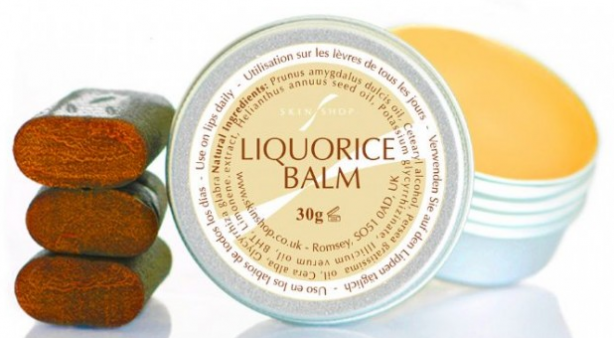Cow's milk: the wrong formula?
Cow’s milk allergy (CMA) is the most common type of food allergy in infants and young children in this country, affecting 2.3 per cent of one- to three-year-olds. But the level of awareness among health professionals is low, according to the authors of a UK primary care guide, who say ‘significant under-diagnosis, delayed diagnosis and incorrect diagnosis were clearly demonstrated’, with ‘worrying inconsistencies’ in referral and treatment. It took Kirstie Smith seven weeks of battling to get a diagnosis for her elder son Thomas, now 19 months. ‘I was at my wits’ end. It was very scary, with two hospital admissions. It was hard for us, but compared with others I now know we were very lucky,’ she says.
Kirstie breastfed Thomas at first but, because his blood sugar was low, topped up with formula. By day five he had lost so much weight they were sent back to hospital where he mostly had formula. ‘He started being sick, which I queried but was told just to make a note of it – he would put on weight slowly.’ Back home, Thomas was fed formula exclusively as Kirstie had virtually no milk: ‘He was really sick – projectile vomiting everywhere – and in pain. He was very unsettled after feeding – wriggling around, incredibly windy with bad constipation, and also hayfever symptoms.’
Numerous visits to the GP did not help. ‘I was told that all babies are sick and it probably wasn’t as bad as I thought. I felt I was being a neurotic first-time mum. It was only when a friend told me babies are usually content after a feed that I understood Thomas’s reaction wasn’t normal.’
On the health visitor’s advice Kirstie tried five brands of formula, but nothing improved. At seven weeks, Thomas was readmitted to hospital. This time they saw a ‘wonderful’ paediatrician and dietician, who agreed Thomas was probably suffering from CMA and gave him a prescription-only formula. ‘Once he was on it Thomas was like a different child, much happier and more settled.’
CMA occurs when the immune system identifies casein and/or whey, the proteins in cow’s milk (and to a lesser extent in sheep’s or goat’s milk), as harmful and mounts an allergic reaction. Symptoms, which range from mild to severe, can occur within minutes or up to a few days after the infant consumes dairy milk, or foods containing milk protein. Thomas was given a hydrolysed formula, where the protein is broken down into tiny particles that most babies can tolerate. There are alternatives for the minority who can’t, such as Kirstie’s second baby Jack.
‘If your baby has had an immediate reaction to cow’s milk, testing for CMA usually involves a blood or skin-prick test, to see if a red weal [a raised, itchy area] appears,’ explains Maureen Jenkins, clinical director of Allergy UK. There are no reliable tests to see if cow’s milk is the cause of a delayed allergy, so a dietician might recommend a supervised exclusion diet where cow’s milk is excluded then reintroduced.
To help raise awareness of CMA, Kirstie is supporting the informative website www.isitcowsmilkallergy.co.uk, sponsored by Mead Johnson Nutrition. Another good resource, she says, is CMPA Support, www.cowsmilkproteinallergysupport.webs.com.
Possible symptoms of CMA Colic, skin reactions (such as a red itchy rash, eczema, swelling of the lips, face and eye area), digestive problems (such as abdominal pain, vomiting or diarrhoea), and hayfever-like symptoms (such as sneezing or an itchy, runny, blocked nose). In rare cases, particularly if they are also asthmatic, infants might suffer breathing difficulties (more on www.anaphylaxis.org.uk); please take them to hospital immediately.
FIGHT COLD SORES THE NATURAL WAY
 Ray, a father of two young girls (who says he reads YOU to help him understand ‘their highs and lows’), suffered cold sores for over 40 years. Then he discovered all-natural Skin Shop Liquorice Balm (£7.95/ www.skinshop.co.uk) and has been free of them for the past three years.
Ray, a father of two young girls (who says he reads YOU to help him understand ‘their highs and lows’), suffered cold sores for over 40 years. Then he discovered all-natural Skin Shop Liquorice Balm (£7.95/ www.skinshop.co.uk) and has been free of them for the past three years.
WEBSITE OF THE WEEK; www.apps.nhs.uk
With so many health apps available it is almost impossible to sort the most helpful and reliable. So it was a boon to find NHS Choices Health Apps Library with apps sorted into four categories: conditions, healthy living, health information and social care. Every app has been reviewed by clinicians to ensure the advice is safe and that they are secure. User reviews are included where available.
